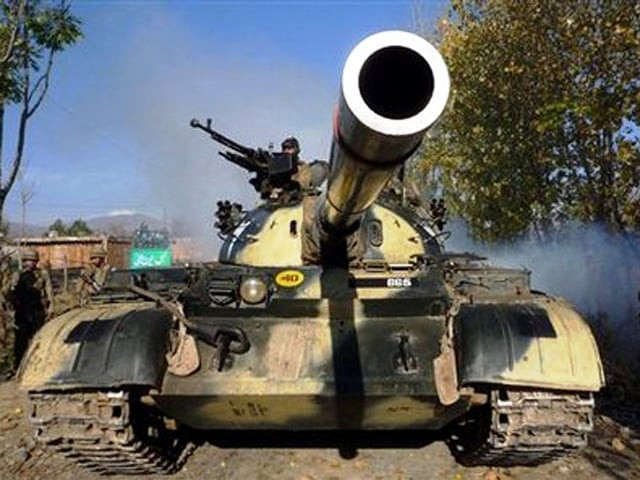Over the past week the possibilities of soft power, and the limitations of hard power, were on display.
On the April 29, 2011, the royal wedding galvanised a global audience. The pomp and pageantry, archaic rituals, curiosity and relevance of the global archetype of a commoner marrying a future king, insured that Britain was able to showcase its best china.
Now, the British economy is barely growing. Unemployment is on the rise, taxes are up, benefits are being cut, the gap between the rich and the poor is widening and real incomes have actually fallen over the past few years. However, fairy dust has been sprinkled on all that.
A global audience discusses Britain in relation to the royal wedding. Whether, you enjoyed it or detested it, it doesn’t matter. The event was an exercise in British soft power that kept the world interested in a country that has lost its ability to independently project hard power at a global level.
Turn to Pakistan, and Osama Bin Laden’s death has galvanised a global audience as well. Our atum bums, massive military, world renowned intelligence agency is receiving all the wrong type of attention.
Export orders are being cancelled and visits by foreign delegations postponed. Members of the public in the UK and the US are openly calling for cutting off aid and financial support to Pakistan. Jon Stewart on the left and tea party evangelists on the right are both ripping into Pakistan. Our Prime Minister on his visit to France declared that Pakistan was open for investment. If you were a French entrepreneur, sitting in the audience, what would you have made of that offer?
In a world shaped by popular perception, Pakistan’s perception, long tied to its security apparatus is plummeting.
This is not just coincidence, but deliberate design. For years, our military might and rent-an-army utility has been the principle selling point for a global audience (those who cared at least). A cursory glance at any of the statements attributed to political leaders in France, the US or the UK state something along the following: We must remain engaged with Pakistan, not because she has been wronged by the events of the May 2, but because the costs of disengaging with Pakistan (read: military) are too high.
Diplomatically put, we have become the world’s “lesser of two evils”. For critics we are the evil that needs to be dealt with.
There is a limit to how many times our president can write op-eds, turning to the assassination of Benazir Bhutto to illicit sympathy from an increasingly sceptical global audience.
We must accept that power has many forms and while we have allocated abundant resources to develop hard power, soft power is too important to be ignored.
We can either become the country where the world’s most wanted man was killed; whose military and intelligence agencies double-crossed their own allies, where thousands poured out on the streets to honour the memory of a terrorist leader, while the very same people remained silent when their own political leaders were murdered.
Or, we could become the nation which tackled extremism and terrorism head on, despite insurmountable challenges, the nation that increased enrolment in schools despite the pessimism surrounding it, the nation that improved its healthcare and finally the nation that moved from a system where the corrupt ruled, to some semblance of public service and good governance.
Thankfully, we don’t have a royal family to waste money on. We can however, treat the most vulnerable in our society as kings and queens and prove global sceptics wrong. Only then perhaps will the world sympathise with our security and humanitarian concerns.
Power and perception: Is Pakistan losing the PR war?
In a world shaped by popular perception, Pakistan’s image, long tied to its security apparatus is plummeting.



COMMENTS
Comments are moderated and generally will be posted if they are on-topic and not abusive.
For more information, please see our Comments FAQ